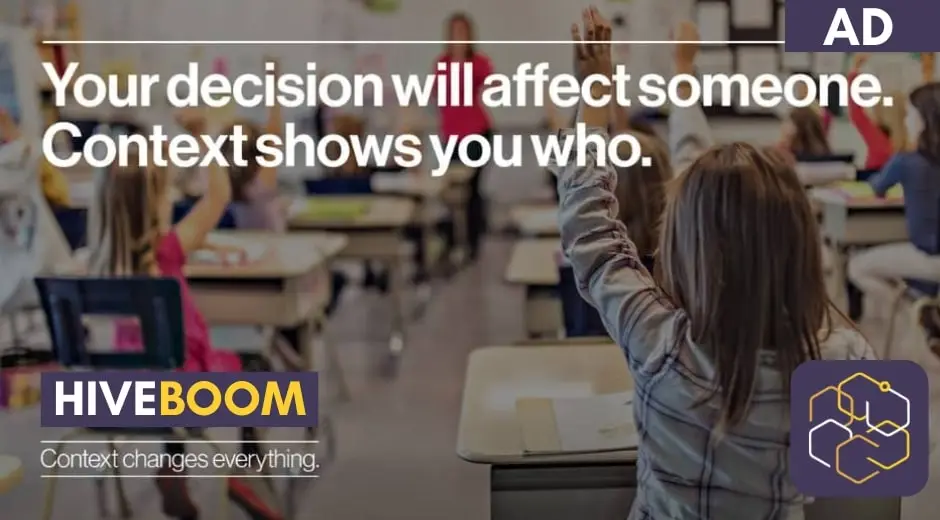4 Powerful Reasons Social Media Marketing Is About to Change Forever
The digital landscape is evolving at lightning speed, and social media marketing sits at the intersection of every major shift. Platforms roll out new features, audience behaviors adapt, and data privacy becomes a battleground. What worked yesterday may fail tomorrow. For brands, creators, and marketers alike, the ability to **pivot smartly** is more valuable than ever. In this expanded guide, we dig into four powerful reasons why social media marketing is undergoing transformation—and how you can stay ahead.
1. Algorithm Shifts Are Redefining Visibility
Algorithms were once mysterious black boxes, but they're now the gatekeepers of reach, engagement, and virality. Whether it's Instagram’s feed ranking, TikTok’s For You Page, or LinkedIn’s content distribution, platforms favor content that sparks interaction—especially saves, shares, and comments. As a result, marketers must rethink content not just for reach, but for engagement depth.
This change means that static or “post-and-forget” content no longer works. You need hooks, conversational prompts, storytelling, and follow-up posts. As Forbes describes it, brands are now “competing for conversation,” not eyeballs. One aspect that’s becoming more visible is the rise of *topic-based communities* within platforms. For example, new reporting shows that Threads just introduced communities, enabling users to join thousands of shared interest groups. For more background, check out this detailed article on its launch: Threads Introduces Communities.
2. Video Content Dominates the Future
Video is no longer optional—it’s central to social media strategies. Platforms heavily favor video formats, and audiences respond strongly to motion, storytelling, and dynamic visuals. Whether it’s short mobile-first clips, live streams, or micro-documentaries, video content captures attention in ways static posts can’t.
Brands that succeed now design content for mobile-first, attention-fragmented users. They use captions, quick cuts, narrative arcs, and emotional hooks. Research shows video often delivers higher retention, engagement, and shareability—especially when tailored to platform norms (e.g. Reels, Shorts, TikTok). Over time, even more immersive formats like interactive video, shoppable clips, and augmented reality layers will play bigger roles in social media marketing strategies.
3. The Rise of Communities and Niche Groups
One of the most **transformative forces** in social media marketing today is the return to smaller, interest-based communities. Users crave spaces where like-minded people gather, not just broadcast channels. Communities allow brands to engage meaningfully in topic-centric dialogues rather than trying to break through noise.
Facebook Groups, Reddit subcommunities, Discord servers—all point to the power of niche conversation. Now, mainstream social platforms like Threads are weaving community features directly into their architecture. That shift changes how discovery, algorithmic surfacing, and content strategy should be built.
Instead of chasing a wider but shallow audience, brands can now thrive inside verticals—serving fans of tech, wellness, gaming, or any passion area. This “depth over breadth” approach offers higher loyalty, engagement, and opportunity for product feedback loops.
4. Data Privacy, Ethical Marketing & Ownership
Third-party cookies are fading, and data privacy laws are rising. Users are more cautious about how their data is used and who is collecting it. For marketers, that means a pivot toward first-party data, consent frameworks, and transparency.
Ethical marketing isn’t just a buzzword—it’s becoming a requirement. Brands that emphasize value, clarity, and user respect will differentiate themselves. Meanwhile, algorithm changes often deprioritize clickbait and favor meaningful interactions—another reason strategies must focus on relationship over reach.
5. Content Formats, Hybrid Experiences & Interactivity
Beyond video and communities, content formats are evolving. Think polls, live Q&As, AR filters, user-generated campaigns, interactive quizzes, and ephemeral content that encourages participation. Social media is becoming less passive and more responsive.
Hybrid experiences combining offline themes (events, pop-ups) with social activation, and interactivity like “tap to vote” or “choose your storyline,” will be tools brands use to deepen engagement.
6. Cross-Platform Ecosystems & Unified Messaging
Brands no longer operate in silos—social platforms, websites, commerce, even emerging AI assistants, must tie together. Messaging, design, user journeys should connect across touchpoints. A user might discover you in a Threads community, then engage via your Shopify store, and revisit via Instagram stories.
This requires consistent voice, cross-function tagging, and content ecosystems that facilitate movement rather than fragmentation. Marketers who think ecosystem-first will gain an edge.
7. Metrics That Matter: Beyond Vanity Counts
Likes and follows are nice, but not enough. In this evolving world, the more meaningful metrics are conversation growth, retention, community engagement, repeat visits, and conversion influence.
Brands must retool reporting and attribution to prioritize depth over superficial reach. That may mean using lead scoring, community health indices, cohort retention graphs, and feedback loops from engaged users.
8. Strategy Roadmap for the Next 12 Months
To adapt, here’s a practical roadmap:
- Audit your current social assets—what formats, communities, and content types you already own.
- Double down on high-engagement formats like video, stories, and interactive posts.
- Create or join niche communities aligned with your brand—shift from broadcast to dialogue.
- Build first-party data systems (newsletter, surveys, community opt-ins) to offset privacy pressures.
- Track engagement quality over reach—monitor retention, feedback, and referral impact.
- Test cross-platform storytelling—use social, web, email, and offline touchpoints cohesively.
- Iterate quickly—abandon what fails and amplify what works, staying close to user feedback loops.
Conclusion: A Brave New Age of Social Media Marketing
The forces reshaping social media marketing are real—and they’re not quick trends but structural changes. Algorithmic focus on meaningful engagement, video dominance, communities, data privacy, and interactive formats are rewriting the rulebook.
Marketers, creators, and brands who lean into these shifts rather than resist them will set the standards for 2025 and beyond. Don’t just post more—post smarter, engage deeply, and build ecosystems that matter.
Curious about how Threads and its Communities rollout tie into this transformation? Explore that further with the in-depth feature at financeworldhub.com: Threads Introduces Communities.
Marketing Made Simple

Cash Management Habits Every Growing Business Needs
Cash Management Habits Every Growing Business Needs

Process Automation Tools That Save Time and Reduce Errors
Process Automation Tools That Save Time and Reduce Errors

How Team Culture Drives Long Term Business Success
How Team Culture Drives Long Term Business Success

Cost Control Methods That Improve Profit Without Cutting Growth
Cost Control Methods That Improve Profit Without Cutting Growth

Decision Making Skills That Separate Great Leaders From Average Ones
Decision Making Skills That Separate Great Leaders From Average Ones













